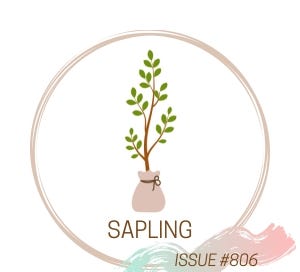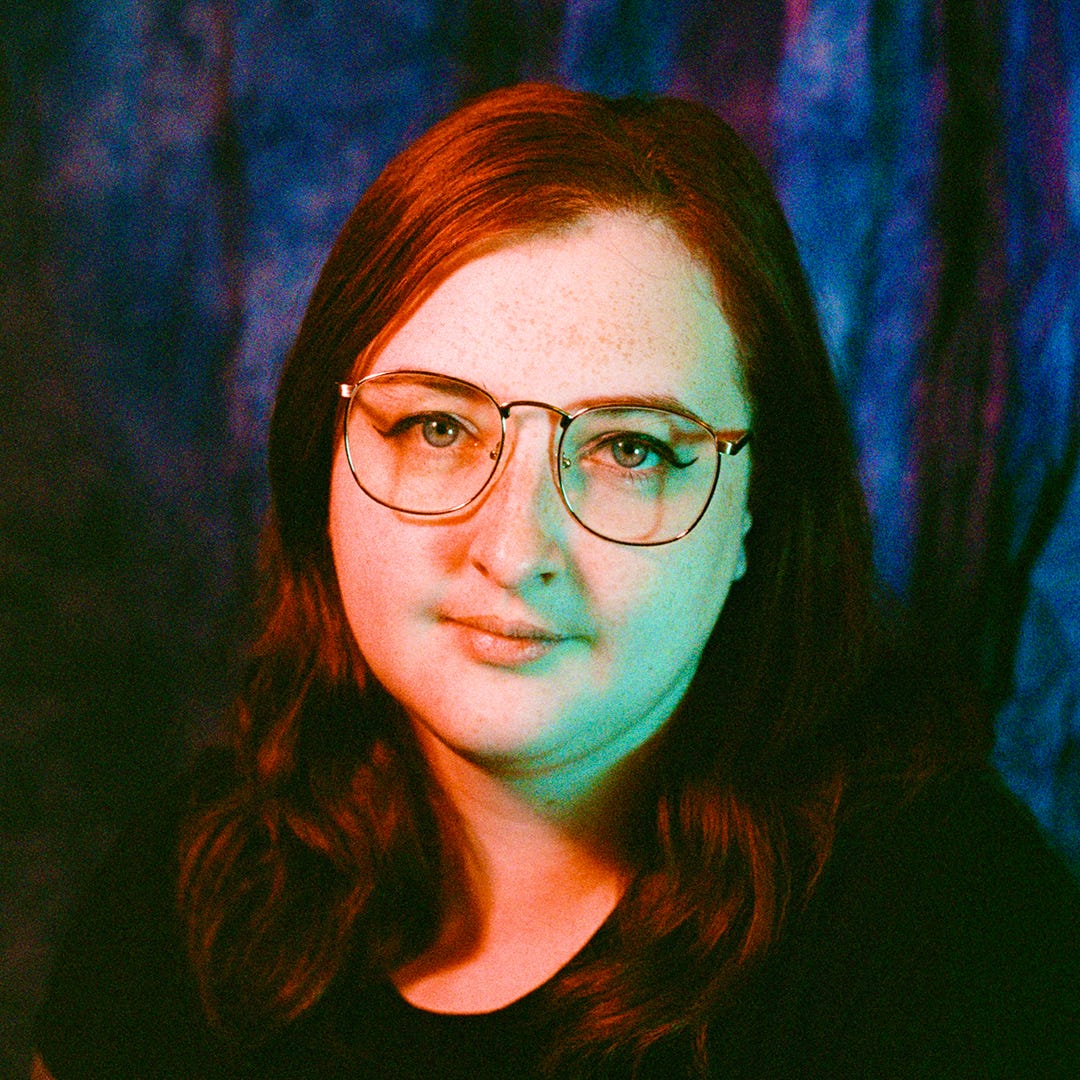Hi writers.
In honor of Short Story Month, the folks at Literary Hub will be recommending one short story, free to read online, every weekday during May. The link directs to the story posted on May 2; keep checking the Lit Hub site all month for more! Happy reading!
Now, here’s what’s happening in the small press world this week.
—Kit
Managing Editor / Sapling editor
Black Lawrence Press
Contest: The Bard Fiction Prize
Genre(s): Fiction. To apply, candidates should write a cover letter explaining the project they plan to work on while at Bard and submit a CV, along with three copies of the published book they feel best represents their work. No manuscripts will be accepted.
Award: The Bard Fiction Prize is awarded to a promising emerging writer who is an American citizen aged 39 years or younger at the time of application. In addition to a $30,000 cash award, the winner receives an appointment as writer in residence at Bard College for one semester, without the expectation that he or she teach traditional courses. The recipient gives at least one public lecture and meets informally with students.
Entry Fee: N/A
Deadline: June 1, 2025
Guidelines: bard.edu/bfp
Journal: Menagerie
Genre(s): fiction, essays, and poems
Format: online
Website: menageriemagazine.com
Guidelines: menageriemagazine.com/submissions
Menagerie is open for two reading periods a year: Feb-May and Aug-Nov.
Small Press: Ex Ophidia Press
Genre(s): poetry
Website: exophidiapress.org
Guidelines: exophidiapress.org/contest
Submissions for the Richard-Gabriel Rummonds Poetry Contest are open May 1 - Sept 15, 2025.
Feature: fifth wheel press
This week, Sapling spoke with nat raum, editor-in-chief of fifth wheel press.
SAPLING: fifth wheel press is an independent community-focused publisher of art and writing by queer, trans, and gender variant creatives. As a new-ish small press publisher (established in 2019), what are two or three key things you’d like writers to know about you?
nat raum: I am extremely committed as both a creative and an editor to making space for marginalized voices. I’m tired of a literary canon dominated by racist, sexist, and heteronormative standards, and I think that’s where small publishers like fifth wheel press come in. I’m constantly telling people to read queer books—if folks take nothing else from us, I hope they are at least able to experience an excellent work of queer literature through our catalog.
SAPLING: Where do you imagine fifth wheel press to be headed over the next couple years, as you continue to grow?
n. m.: I’ve been doing this for a little over five years now, and I’ve learned a lot. The direction of the press has also changed a lot as I have narrowed my own editorial voice and vision. When I look to the future, I am thinking a lot about what sustainable growth looks like—this includes staffing and workflow, distribution, and funding, among many other things. To quote a favorite meme of mine, we are going to be doing a bit more moving in silence as we work to secure some of these things.
SAPLING: Have you encountered any noteworthy challenges in your first few years? Anything you wish more authors would know from your side of the desk?
n. m.: The number one thing that surprised me about publishing is how much it would hurt to send rejections. It sounds so trite every time I hear another editor say it, and then I remind myself that it’s true: almost any publisher out there receives more excellent work than they can reasonably accommodate. It’s broken my heart to say no to certain manuscripts, and this has led to me biting off a bit more than I could reasonably chew at times. I really do this for the passion of bringing books into the world—of course I want to publish as many as possible. But the reality is that capacity limitations are necessary for so many reasons.
SAPLING: What is the first thing that you look for in a submission to fifth wheel press? Any deal breakers?
n. m.: The biggest dealbreaker is a blatant misunderstanding of our mission or guidelines. I prefer to edit outside the confines of genre, but there are a few types of projects we’re not pursuing right now, like novels and comic books. Otherwise, what I look for is very much in line with my desire to edit outside the genre boxes. My background in photography makes me a real sucker for medium specificity. If it’s straight-up poetry, show me why it must be poetry that tells this story. If it’s got visual components, how do they interplay with the text? Is there text at all, and if not, what other design elements are considered? These are just a few of the questions I ask myself when evaluating a submission.
SAPLING: Your webstore caught my attention with the “ours” and “yours” sections. Can you share a bit about how the store came to be developed to include a space for self-published artists and writers as well as fifth wheel publications?
n. m.: I got my start as a self-published photographer, which is what led to me founding the press. I think there are so many benefits to self-publishing, but one of the major drawbacks is that it can be harder to market and sell the book, especially when opting out of traditional distribution networks like Ingram and Amazon. Simply put, I wanted to create a space for books like mine.
SAPLING: What one or two small press publishers deserve more recognition, and why should more people be seeking out their books (or perhaps seeking a home for their own writing there)?
n. m.: I will forever be in awe of the work that Emily Perkovich of Querencia Press does. The press’ mission is similar to mine in its goal to uplift marginalized voices, so of course their books are dear to my heart. But as one of their authors, the amount of care Emily puts into every part of the process is unprecedented, and her editorial eye is impeccable.
As a reader and editor, I also greatly admire Host Publications. The aesthetic of their books is on point, for lack of a better way of saying it—I’ve never read a Host book that wasn’t beautifully designed. Host has also published some of the best books I’ve ever read, and is similarly committed to platforming marginalized creatives.
SAPLING: Just for fun (because we like fun), if fifth wheel press was competing in the Olympics, what would be your sport?
n. m.: I read this question out loud to my partner and we both said “curling” at the same time. So, I guess fate decided this one.
SAPLING: nat, thank you so much for taking the time to speak with us about your work with fifth wheel press!
nat raum (they/them, b. 1996) is a disabled artist, writer, and genderless disaster based on unceded Piscataway and Susquehannock land in Baltimore. They hold a BFA from the Maryland Institute College of Art and an MFA from the University of Baltimore. They are the author of this book will not save you, the abyss is staring back, random access memory, and others. Past publishers of their writing and art include Gone Lawn, Split Lip Magazine, Troublemaker Firestarter, and BRUISER. Find them listening to ambient music, drinking La Croix, or both.









